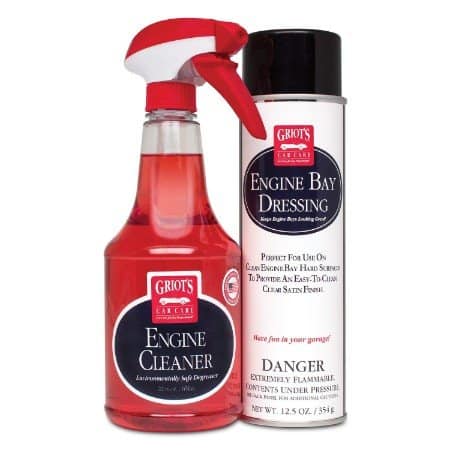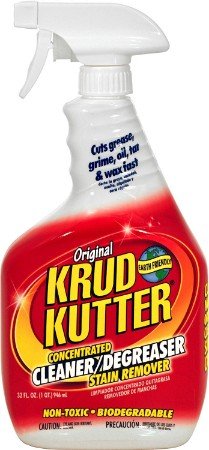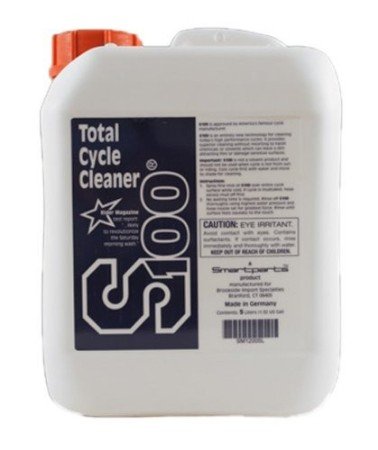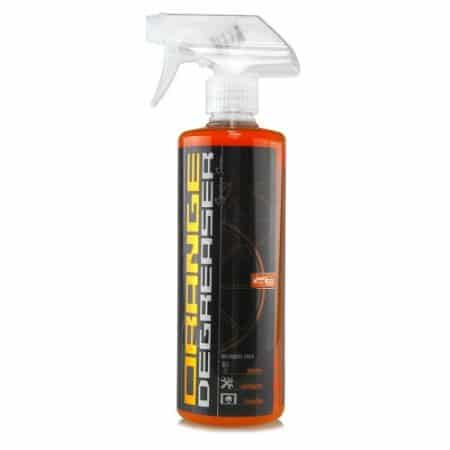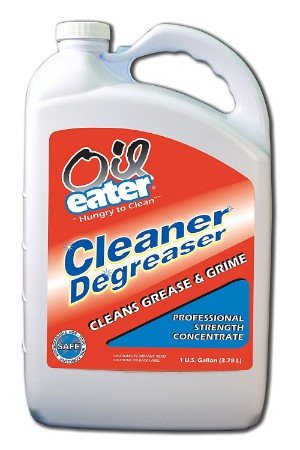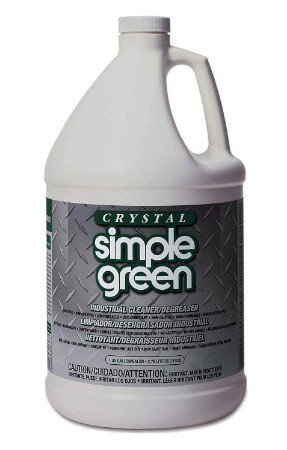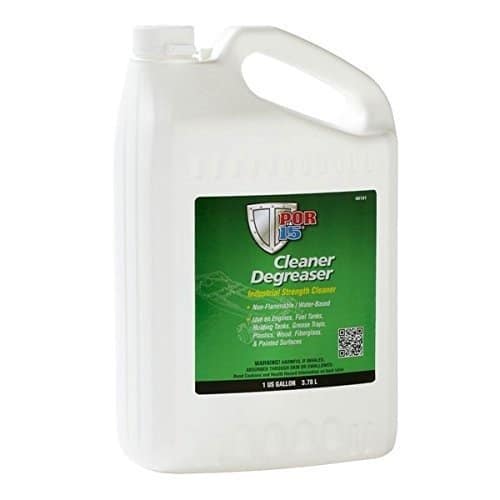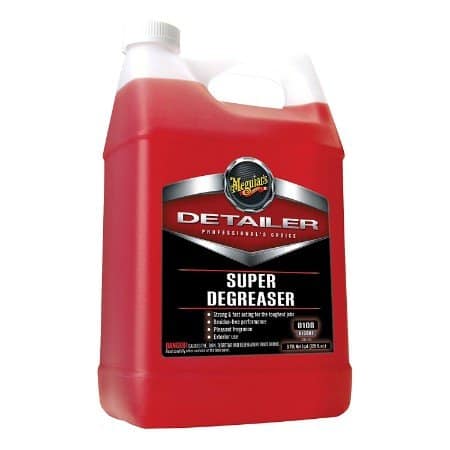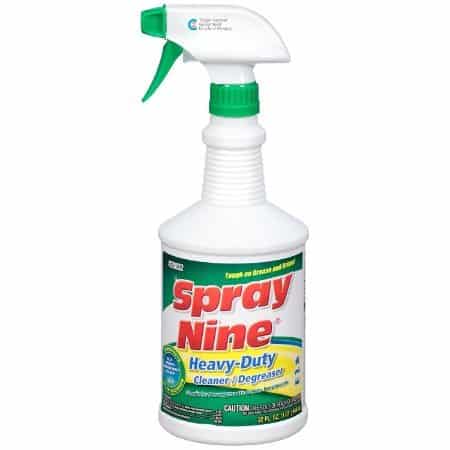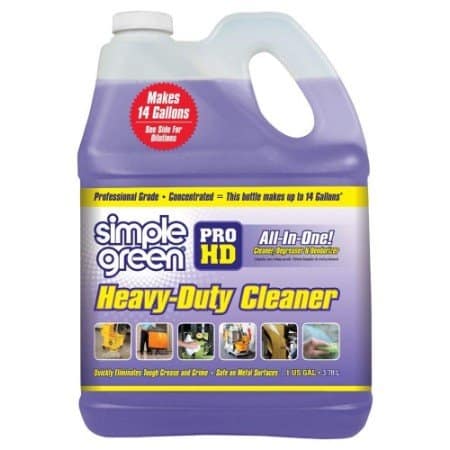As time goes on, engines end up quite messy. That’s when a decent engine cleaner is needed. Dirty engines also cause it to underperform and look terrible. With the best engine cleaner or degreaser, you’ll increase the engine’s life and enhance the aesthetic appeal as well. This is especially important if you’re trying to sell your car. The trouble is, most people don’t know what to look for in a quality degreaser. With that said, we’ve picked out the ten best engine cleaners to make the selection easier for you.
Reasons to Use an Engine Cleaner
Engine cleaners are substances designed to remove oil and grease from your motor. These tough to clean materials are difficult to remove and require the use of something heavy-duty.
The biggest reason to use a degreaser is so your engine performs better. Grease, dirt, and oil cause the engine to run less efficiently. In addition, once the engine is clean, you’ll also be able to tell if there are any oil leaks you should pay attention to. If you find this early on, you might save yourself lots of money in repairs.
Cleaning your engine regularly also keeps mechanical issues at bay. As soon as you notice any dust or petroleum on the motor, it’s advised that you wash it. The nice thing is that anyone can do it; you don’t need to have any sort of car experience to get your engine clean.
The final reason you’d want to clean your engine is if you were planning to sell your vehicle. If you show a neat and tidy car, you have a better chance at getting top dollar. Which is also the reason you’ll want to invest in the 10 best auto detailing supplies.
Types of Engine Cleaners

There are many varieties of engine cleaners on the market, so it’s essential that you understand the differences.
Petroleum-based Cleaners – Contain ethanol and distillates which remove grease as well as oil, gasoline, and additional lubricants.
Metal Solvent Cleaners – Clean the machinery like motors, joints, and bearings. They are effective at removing tough grease.
Vapor Solvent Cleaners – Clean differently because they work as a vapor after heated.
Ultrasonic Cleaners – Use ultrasonic waves to remove grease and residue from engines. These are more expensive and aren’t often used.
Foam Cleaners – Best for car engines and electrical appliances. They must be wiped off without any water.
Environmentally-Friendly Cleaners – Made from vinegar, baking soda, soap, lemon juice, or other products that are natural. They clean without posing any threats to the environment.
How to Pick the Best Engine Cleaner
The first way most people choose their engine cleaner is by brand. That’s an excellent way to tell if a product works because there are just some brands that are top-notch. Aside from purchasing something with an excellent reputation, there are some other considerations you’ll want to think about.
Formula – Check the ingredients to ensure there aren’t toxic and hazardous chemicals. This isn’t just for your own safety, but also to protect the engine.
Odor – The last thing you want to do is drive around after cleaning your engine and have a horrible smell coming from under your hood. There are some engine cleaners (mainly the cheap ones) that cause vapors which are dangerous to inhale. Stay away from those.
Residue – If your engine cleaner leaves behind a residue, that defeats the purpose of cleaning it in the first place.
Versatile – You want a cleaner that cleans lots of surfaces, not just one specific type of metal or alloy. It’s also important that it won’t damage your steel, rubber, paint, or plastic over time. The best engine cleaners can be used on other items as well.
How to Safely Wash Your Car Engine Bay

Cleaning your engine requires cautiousness because there’s a lot that could go wrong. It’s not difficult to destroy your electrical components or break the wiring loom because of a powerful pressure washer.
The benefits of cleaning your engine far outweigh the potential hazards. Not only does it create an aesthetically pleasing vehicle, it actually makes your engine more manageable to work on and increases your sale price, too. With that in mind, you must be cautious and think carefully about what you’re doing.
Many detailers will tell you that it’s okay to use water near electrical sensors as long as you’re not drenching them. Personally, we feel better avoiding water altogether because it’s just not worth it to us. Electrical components are expensive to replace.
That’s why we’ve outlined the safest method of cleaning your engine without the use of water.
1 – Prepare your engine. Make sure it’s cold and remove any debris. Then cover your air intakes, ignition wires, coils, and sensors.
2 – Remove baked on dirt. Simply take a wire brush and remove it.
3 – Apply the engine cleaner/degreaser. Use one of the recommended products and spray down the area. Allow it to sit for 30 seconds, or whatever’s suggested from the manufacturer. Then, use your wire brush and work the degreaser in where needed.
4 – Dry your engine. Once you’ve scrubbed it in, use a microfiber cloth to remove the cleaner from your engine bay. Examine the area to ensure there’s no pooling near hidden wires or compartments.
5 – Apply a shine and protect product to detail the engine. Spray it onto a microfiber cloth and then rub it in. Don’t spray it on the engine or you might leave behind abrasions.
If you must use a water method, spray the pressure washer on the widest setting possible.
Top 10 Best Engine Cleaners Reviewed
In no particular order, here are the ten best engine cleaners we found for your consideration. They all feature amazing reviews and are easy to use.

